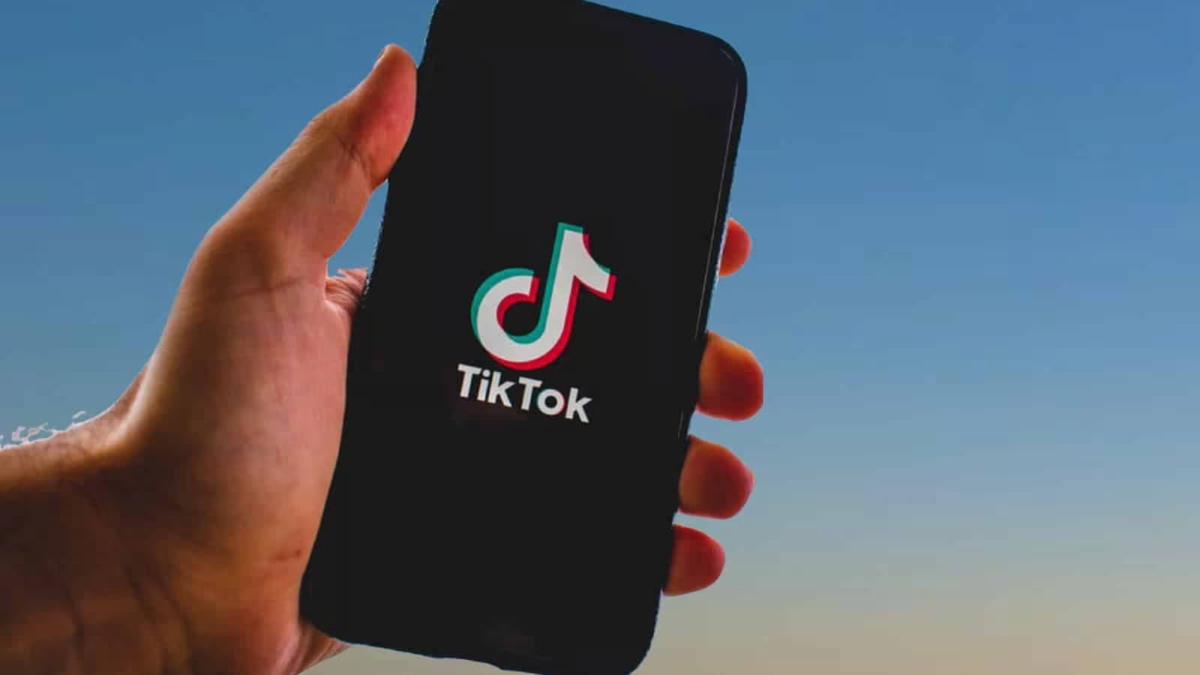Let us check about the monetization policy of TikTok and see many followers are needed on the app to get paid.

Many users are eager to investigate ways to monetize their content on TikTok as its popularity surges. Creators can make money in a variety of ways, including through brand collaborations, promotional deals, and usage of the platform’s built-in monetization mechanisms.
Once they have at least 1,000 followers, producers can use features like live streaming subscriptions and virtual “gifts” to start making money through TikTok. However, there are restrictions that producers must fulfill in order to utilize many of the revenue features, including the creator fund. They must have at least 10,000 followers and 100,000 video views over the course of the last 30 days.
The exact payment structure for TikTok views varies, but some creators have shared their experiences with TikTok’s creator fund. For instance, Hank Green, who boasts 7.6 million followers, revealed that he received a few cents for every 1,000 views his content generated on the platform. Other creators with millions of followers have also disclosed their earnings from the app’s creator fund.
Other Ways to Earn from TikTok
TikTok provides more ways for creators to generate money in addition to the creator fund. Among these is TikTok’s Pulse ad-revenue sharing program, which enables content producers to receive a cut of the ad money produced by their work. Early reports, however, indicate that Pulse’s initial rewards were relatively low, ranging from a few pennies to over $17 for every 1,000 video views.
Additionally, TikTok has integrated monetization technologies that enable producers to make money straight from their audience. The ability to earn tips, virtual “gifts” during live streams, and subscription income via TikTok Live are some of these features. For each feature, though, there are particular requirements that must be fulfilled, such as amassing a minimum follower total of 1,000 or 100,000, depending on the tool.
Furthermore, TikTok has additional programs tailored for creators in specific areas. The creativity program caters to creators producing videos longer than one minute, while the effect creator rewards program targets augmented-reality creators who have published a significant number of videos using their effects.
As the user base continues to expand, the platform presents opportunities for creators to monetize their content through various means, empowering them to turn their passion into a sustainable income stream.
Read More:
Who was Brittany Joy? How did the TikTok star die?
What does Stem mean on TikTok? Learn all about the LGBTQ term

